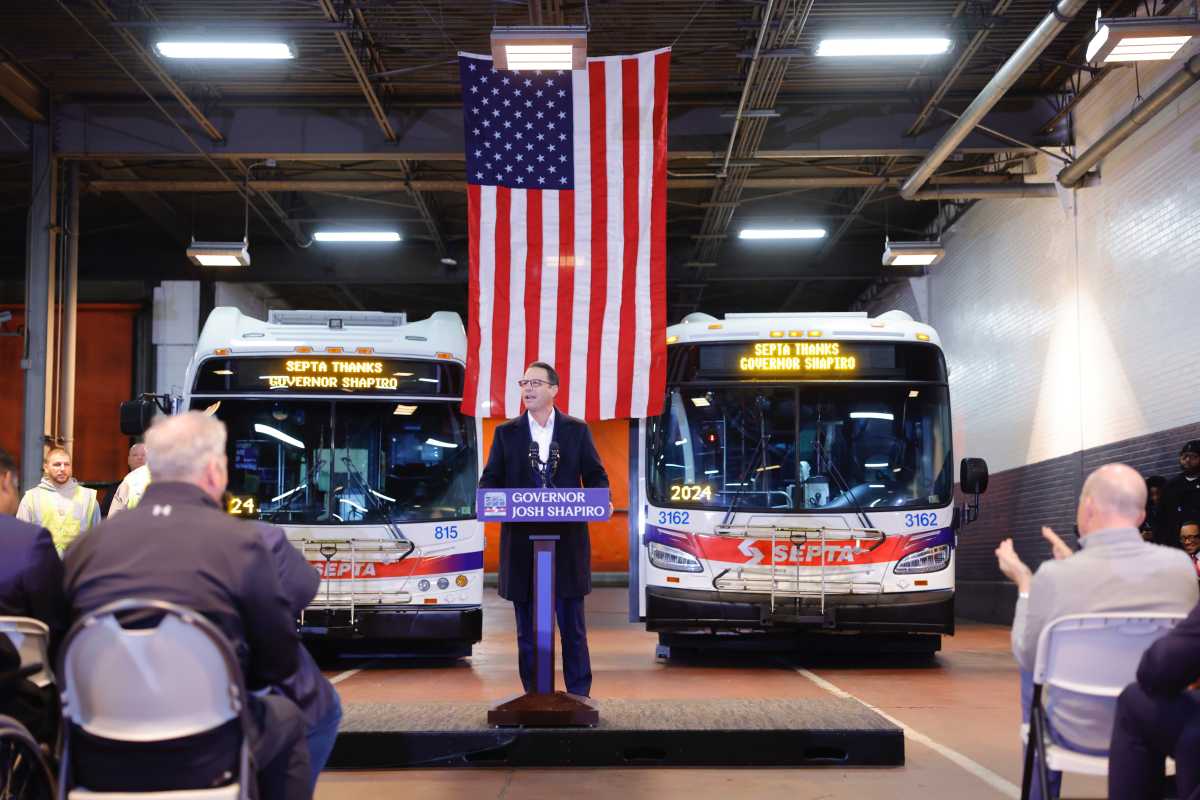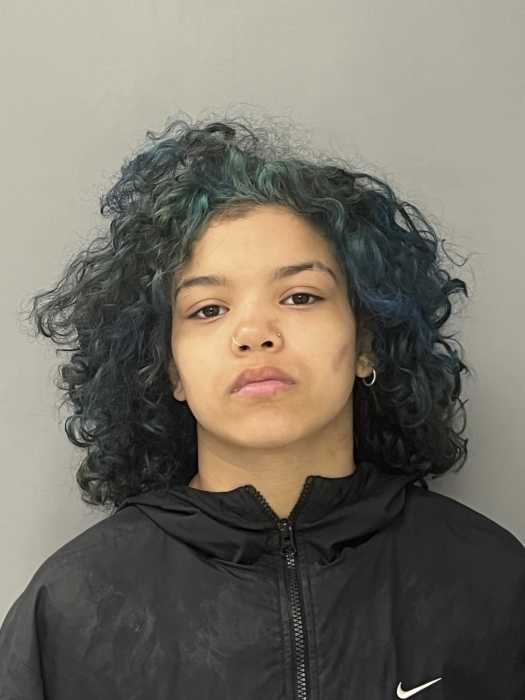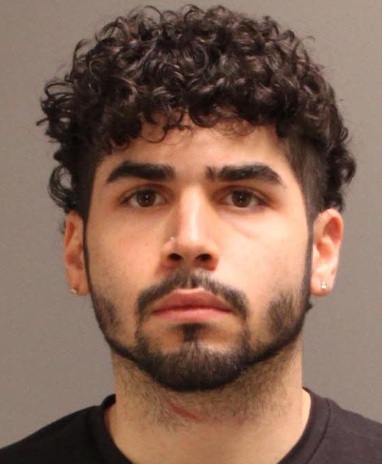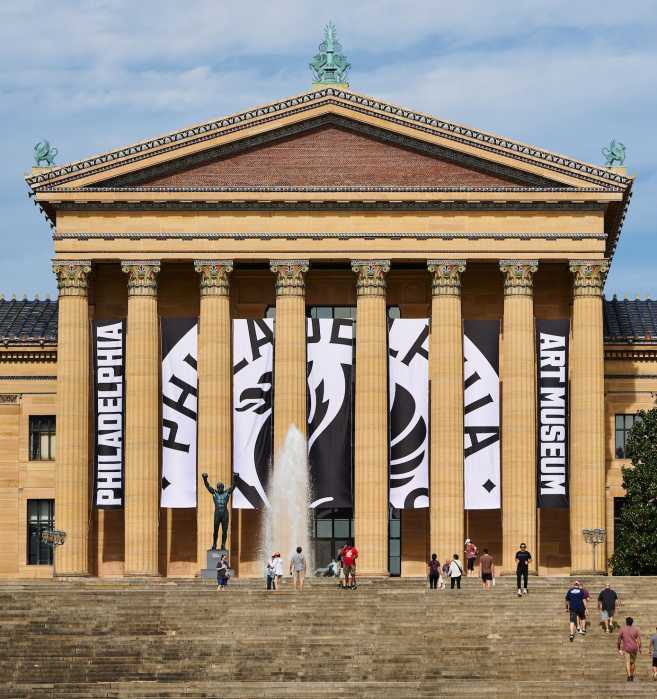SEPTA’s “death spiral” of fare increases and service cuts was postponed Friday, when Gov. Josh Shapiro said that his administration would be redirecting $153 million in federal highway funding to bridge the transit agency’s budget deficit.
The money is a temporary fix for SEPTA, and transit officials warned the authority could be forced to again consider significant price hikes and service reductions if a permanent funding solution does not materialize in the coming months.
“SEPTA has been in the water for two years now, and we were going under,” SEPTA Board Chair Ken Lawrence said Friday. “Today, Governor Shapiro has thrown us a lifeline.”
“However, while this announcement today pauses the death spiral and allows us to tread water, we still desperately need a permanent, sustainable funding solution for SEPTA and mass transit in the Commonwealth of Pennsylvania,” he added.
Expiring federal coronavirus relief funding and ridership numbers that remain below pre-pandemic numbers have created financial problems for SEPTA and other transit agencies across the country. The authority’s budget deficit, or “fiscal cliff,” is projected at $240 million a year.
Attempts to boost the state’s investment in mass transit have repeatedly passed the Democratic-conrolled Pennsylvania House of Representatives, but the legislation has not moved in the state Senate, where the GOP holds a majority.
Prior to Friday’s announcement, SEPTA officials, in an attempt to close its fiscal gap, had been finalizing a 20% service cut that would have eliminated dozens routes and drastically reduced frequencies in 2025. The authority had also proposed a 21.5% fare increase to be implemented in January.
Such a course of action would have resulted, officials predicted, in lower ridership, prompting the need for further hikes and cuts – a “death spiral.” Both measures have now been put on hold.
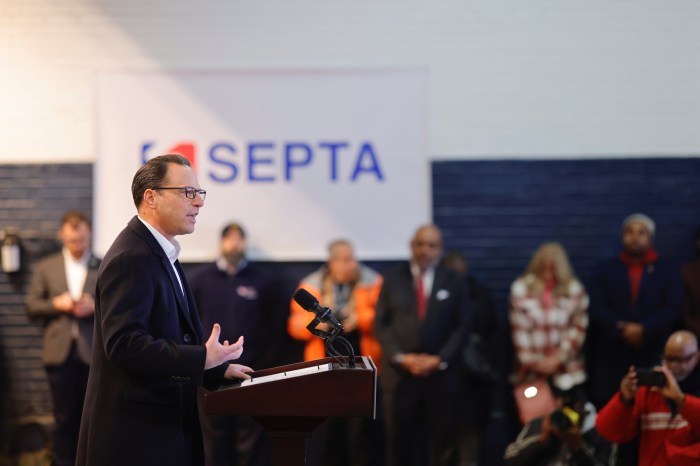
Shapiro’s decision to “flex” federal transportation funds will not undo a more modest 7.5% fare hike approved by SEPTA’s board on Thursday. Those changes, which include removing a discount for Key Card users and increases to Regional Rail rates, go into effect Dec. 1.
Shapiro’s allocation is a one-time payment that will cover SEPTA’s current service levels through June 30, the end of the fiscal year. The move will give lawmakers in Harrisburg time to negotiate a recurring funding source, possibly through a tax on so-called “skill game” terminals or in conjunction with investments in roads and bridges.
Senate GOP leaders criticized Shapiro for taking unilateral action to direct funds away from highway and bridge projects.
“It is apparent today that the Democrats’ mindset is we can just spend more money on transit regardless of where it comes from,” Majority Leader Joe Pittman and Transportation Committee Chair Wayne Langerholc Jr. said in a statement. “Now, instead of getting stuff done, the governor is taking stuff away by allowing roads and bridges in Republican districts to deteriorate.”
“The bottom line is that there must be a significant overall re-examination of the SEPTA delivery model and mass transit,” they continued.
“Pennsylvanians – especially those in the southeast – are losing out, not because of divided government, but because Pennsylvania Democrats have chosen to focus their priorities and spending on one area alone,” Senate President Pro Tempore Kim Ward, of Westmoreland County, said in a statement.
Shapiro, during a news conference Friday in Frankford, said the $153 million was pulled from seven projects that are not yet under construction or even up for bid.
“To those Pennsylvanians from one of those communities affected by the transfer of these funds, we’re still going to get your projects done for you on time,” he added.
The governor said he is willing to couple mass transit funding with spending on roads and bridges and that his administration has invested more than $330 million into improving that type of infrastructure.
“It’s not an either/or,” said House Majority Leader Matt Bradford, a Democratic from Montgomery County. “It’s both, and we can do both.”
Shapiro said he has also received commitments from leaders in Philadelphia, Bucks, Montgomery, Delaware and Chester counties to increase local contributions to SEPTA.
Mayor Cherelle Parker and members of City Council praised Shapiro’s decision. Lawmakers passed a resolution Thursday calling on the governor to reallocate federal infrastructure dollars to SEPTA.
“It is very important that the governor and the leadership of the Pennsylvania State House and Senate come to an agreement on a wider transportation funding deal for mass transit agencies throughout the commonwealth during budget negotiations next spring,” Council President Kenyatta Johnson said in a statement.



